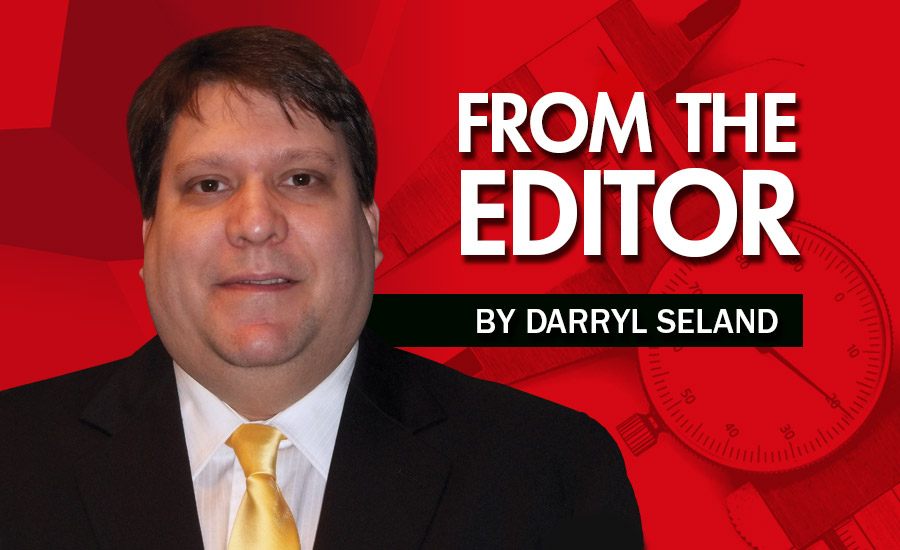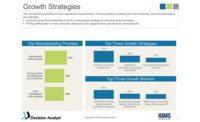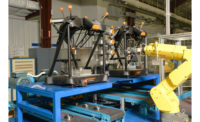Meta: Data in the Post-postmodern World

Probably the apex of parody and self-reference can be found in one of the most successful television shows of all-time, Seinfeld. Constantly referred to as “a show about nothing” by pundits and critics, the show introduced an ensuing seasonal arc that involved two of its main characters “pitching” television executives on a show that features stories in which “nothing happens.”
In fact, meta has become such a popular concept that, before we have even seen postmodernism end, a new distinction of our era, metamodernism or post-postmodernism, has already begun to take shape. It’s kind of like how the natural generational flow of Generation X and Generation Y have been co-opted by the Millennials.
Now we have meta-jokes, for instance, “Two men walk into a bar... the third one ducks.” And we have metadata, meaning we have become so adept at collecting information that we need to collect and keep information about that information. Before I give you a headache I’ll get to the point—Big Data.
A number of reports and studies suggest that the average manufacturing operation gathers one terabyte of data a day but 99 percent of that information is not being used or analyzed by the manufacturer.
The recent HxGNLIVE 2019 event featured a keynote address by Hexagon CEO Ola Rollen entitled “Your Data Can Save the World.” The presentation acknowledged the success of growing our global gross domestic product (GDP) and our population. However, along with this has come an unsustainable carbon footprint and depleted oceans. The question becomes is this the beginning of the apocalypse or an opportunity?
The latter, if we begin to access, analyze, and utilize that 99 percent of data we are not using to reduce carbon dioxide emissions and increase the efficiency of the things we build and how we build them.
A step in the right direction for many an organization is digital transformation. So read “How to Realistically Kick Off a Digital Transformation Project and Ensure Long-Lasting Benefits” and everything else we have to offer in this month’s Quality.
Enjoy and thanks for reading!
Darryl Seland,
Editorial Director
Looking for a reprint of this article?
From high-res PDFs to custom plaques, order your copy today!





